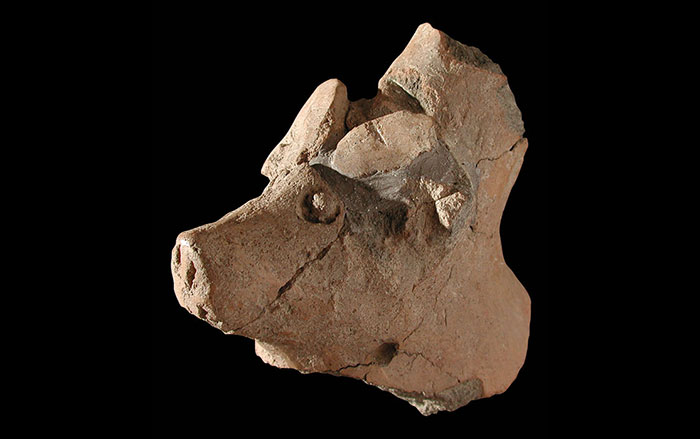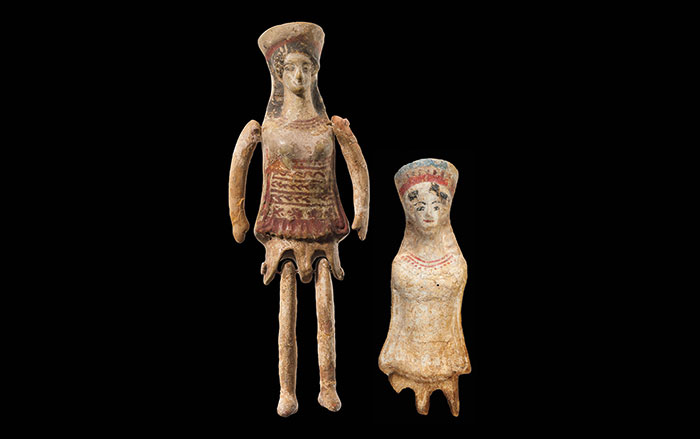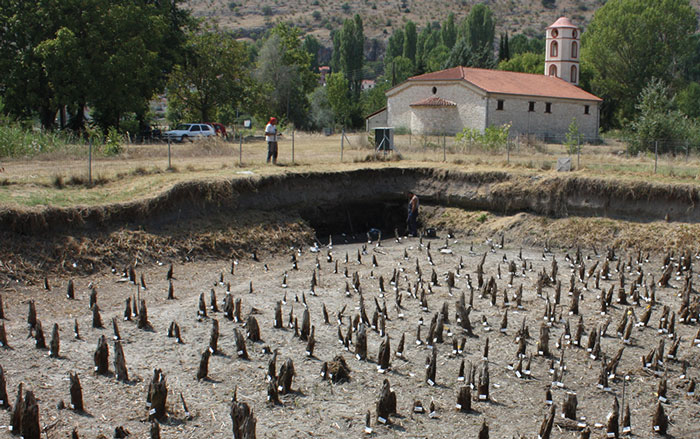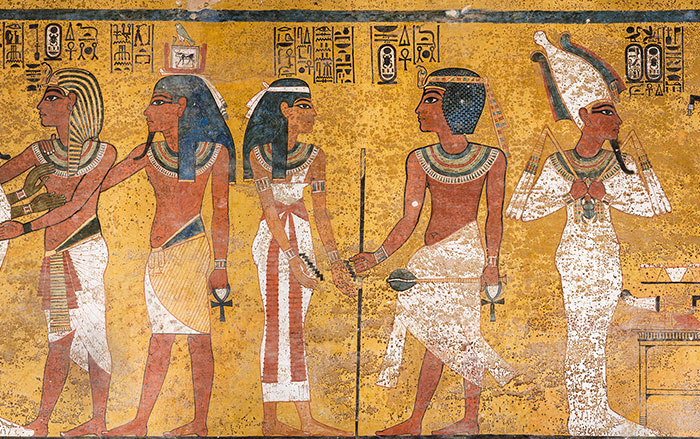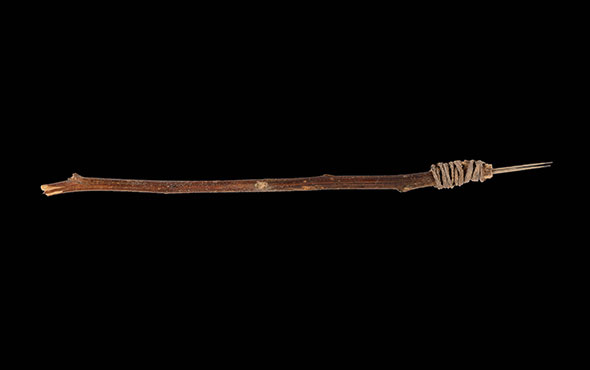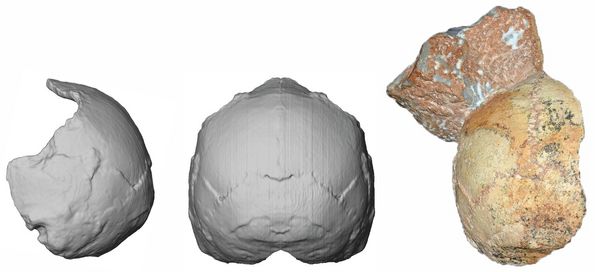
ATHENS, GREECE—According to a Live Science report, a partial modern human skull found in a cave in southern Greece has been dated to 210,000 years ago, suggesting that modern humans left Africa and arrived in Eurasia some 150,000 years earlier than previously thought. The skull is one of two discovered at the Apidima site in the 1970s. Recent reconstruction of the partial cranium known as Apidima 1 has revealed that it had a mix of archaic and modern characteristics, including a rounded back, which is a feature unique to modern humans. Katerina Harvati of the University of Tübingen said this population, however, died out, and has no living descendants today. The other skull, known as Apidima 2, has Neanderthal characteristics, including a thick, rounded brow ridge, and has been dated to 170,000 years ago. The early modern humans represented by Apidima 1 were probably replaced by the Neanderthals represented by Apidima 2, Harvati added. Neanderthals in Europe eventually went extinct some 40,000 years ago, and were replaced by another group of modern humans. To read about 300,000-year-old Homo sapiens bones discovered in Morocco, go to “Homo sapiens, Earlier Still.”


